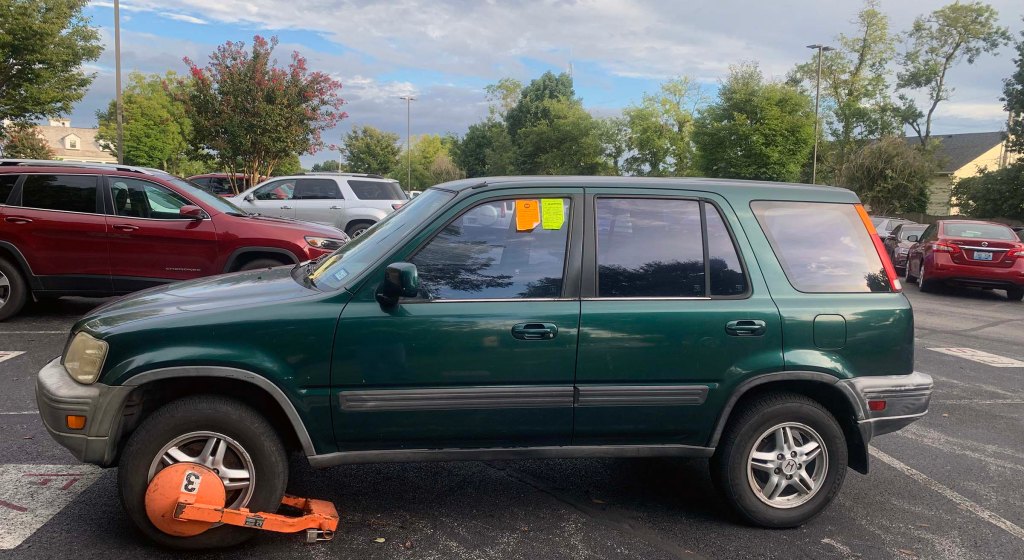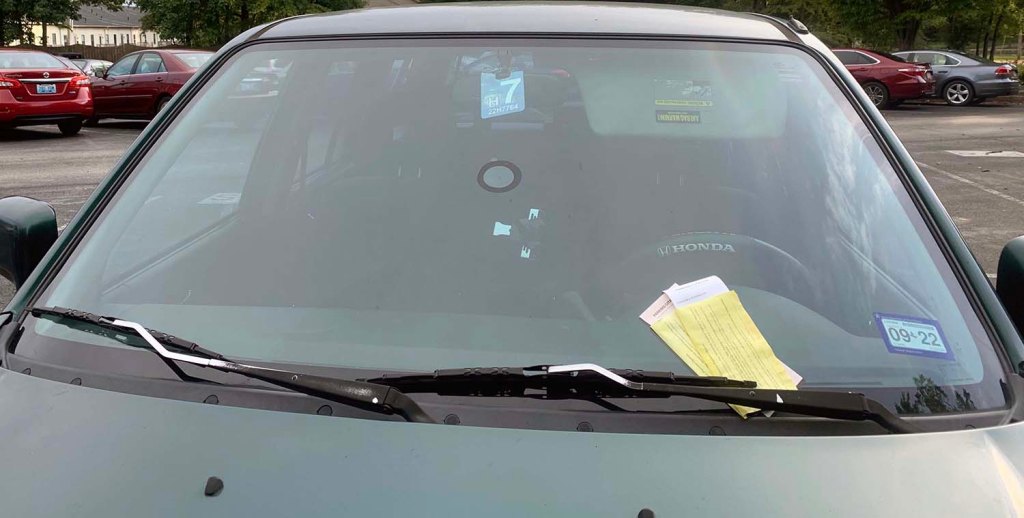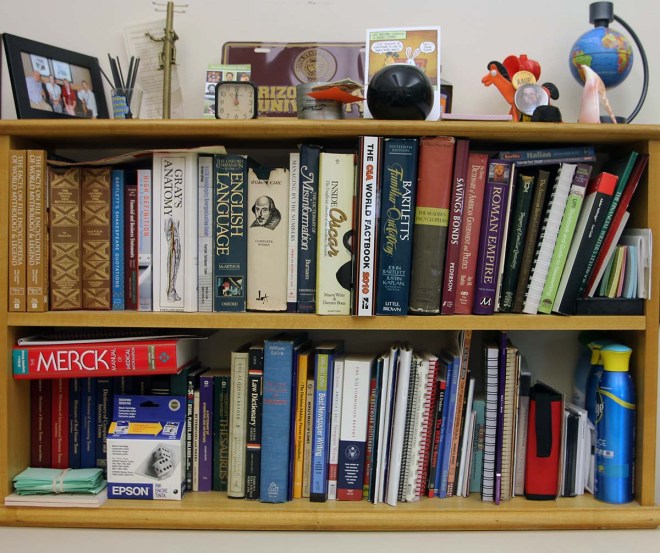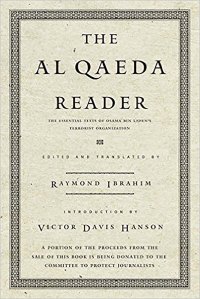
Among Western Kentucky University’s numerous committees that make “recommendations” to the power that is, comes the “Calendar Committee.”
Until a few years back, I did not know the committee existed. But its existence came up during a Faculty Senate meeting as part of an issue related to the university academic year calendar, the issue now long forgotten by me.
The calendar underwent some changes regarding spring term commencement under the “new” (now five years?) administration and more changes following the unsettling “COVID” years. The most notable changes: two days of “commencing,” a two-day fete that conflicts with the Kentucky Oaks and Kentucky Derby weekend and with one of the commencement events taking place during final exam week.
This confluence of conflicting priorities seems to me most odd and expensive for parents, guardians, family and friends who get shackled with extra costs for hotel rooms, meals, missing work, missing the races and the like.
But I suspect most parents have become used to all the “add ons” that come with sending a kid to WKU. I also suspect that someone “recommended” this year’s commencement plan to the Calendar Committee to help it make its recommendations.
Nevertheless, commencement remains a special time, and it is all about students.
Several weeks back, I was making my loop around the outer rim of campus in my unending battle to lose weight. As I passed the bookstore and approached the Downing Student Union back entrance, the antics of two students got my attention.
They had just retrieved their caps and gowns and were shooting a video selfie of them leaping in the air in full academic regalia.
After five takes, they remained unsatisfied with the result.
I approached them with another photo idea. They posed next to the faux students pictured on the wall of DSU.
A young lass named McLain, a secondary education graduate, asked my name, and we bonded over our Scottish roots. She also mentioned that she and her friend went to high school together, but they did not get along back then, she said.
“She was, you know, one of ‘them’” McLain said, emphasizing “them” with air quotes.
“No, I wasn’t,” her friend said pretty unconvincingly.
Now they have become best mates.
As they headed off, McClain said about her cap and gown, “I am going to wear this every day until graduation.”
“I am going to wear it to bed,” her friend said, and off they went, laughing and hugging.
A few weeks later during the last week of classes, my loop led me to stumble upon Hannah Boucher, a graduating accounting major, who shared with me her plans to attend graduate school at WKU.
Her personal photographer and marketing major Alex Stanley said that as a sophomore, a few years remain for her before she graduates. I moved on. They continued the shoot.
For teachers, graduation comes with mixed emotions. It comes with a lot of moving on.
Some of the best students leave. Some great faculty members, friends and colleagues leave.
I often discuss with colleagues the life of a teacher, and one of the things that I have been told about teaching at any level — and I have taught at every level from fourth grade through four-year college — is an adage.
Teachers say: “We spend 10 percent of our time serving the really good students and 90 percent serving the not so good ones. What if we turned that around? How great would the really good students become?”
I have two issues with turning that around.
First, maybe there is no scientific basis for those percentages. And if there is, some of those who start out in the 90 percent transform into the 10 percent.
After two weeks in graduate school at the University of Illinois pursuing a journalism degree, my adviser called me to his office. Based on two assignments for his lecture class on among other things the “liberal Weltanschauung” — hard enough to pronounce, much less type on a manual typewriter — he arrived at the conclusion that I was a 90-percenter:
“You need to quit this program, Mr. McKerral,” he said quite dryly. “You will never succeed as a journalist.”
I quit — him, not the program.
Among the several who graduated this May from the School of Media, there were a bevy of 10-percenters. I will miss them all. But I will use one as an example: Hannah Claussen.

I first encountered Hannah, Class of 2022 (pictured above), in my JOUR 202 Intro to Newswriting class two years back. She sat in the first desk in the row right in front of the teacher workstation.
In my News editing class, she sat in the front row desk.
In my Press Law and Ethics class, she sat in the front row desk.
In my First Amendment class, she sat in the front row desk.
But that was not the most important signature of Hannah’s presence in my classes.
She excelled in classwork. She made strong contributions to class discussions. She served as a personal calendar reminder for me — inside and outside class. She accepted my mentoring, and I served as the adviser and first reader for her Mahurin Honors College Capstone project. She received the college’s highest honor, the Capstone of the Year Award — the first student in the School of Media since my arrival in 2005 to receive that honor.
And her conservative, Christian based approach to life reminded me of another 10-percenter that I taught at Troy State University, Lance Wallace, who now serves as Associate Vice Chancellor for Communications for the Board of Regents of the University System of Georgia.
As I commenced my walk on the outer rim, I got to thinking about my final days as an undergraduate at Arizona State University, as a non-10-percenter.
My last “final” at the end of exam week on a May 15, 1975, concluded at 3 p.m.
The teacher for the class — something to do with the American Revolution — gave a one-question essay exam: “Why did we fight the American Revolution?”
I recall that I answered the question using fourth grade patriotic claptrap. I made a “C” on the exam.
I walked out of the building into the 101-degree day knowing that my undergraduate work was done.
The quad on the ASU Tempe campus was empty.
I had no cell phone with which to share my accomplishment or to take still images or video selfies.
I received no congratulations.
I did not want to attend commencement. My 1968 Volkswagen Beetle, stuffed to the gills, awaited. I wanted to head back to Illinois to do what I always wanted to do — teach.
Lance wrote about me and some of the most enjoyable years of my teaching career in his blog called New South Essays.
And after reading story about me, I am now wondering if I am still doing my students the 100 percent they deserve, whether they are 10-percenters or not.
I will chew on this, and once I get a taste for the answer, I will commence to be as good a teacher as Lance thinks I was, or I will commence to spend the final countdown in my life retired.










